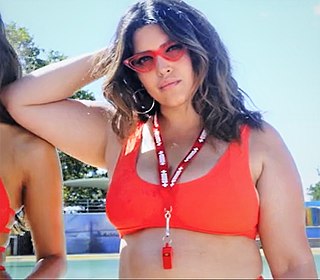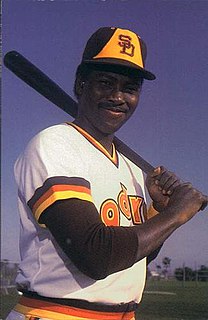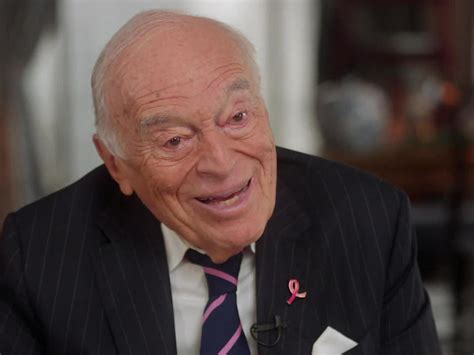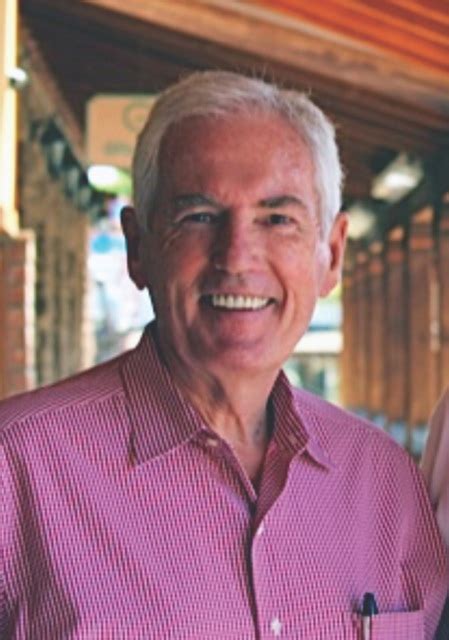A Quote by Denise Bidot
For acting, classes are a necessity, but for modeling it's really just knowing who you are and knowing how to sell yourself.
Related Quotes
Right now you can allow yourself to experience a very simple sense of not knowing - not knowing what or who you are, not knowing what this moment is, not knowing anything. If you give yourself this gift of not knowing and you follow it, a vast spaciousness and mysterious openness dawns within you. Relaxing into not knowing is almost like surrendering into a big, comfortable chair; you just fall into a field of possibility.
History is for human self-knowledge. Knowing yourself means knowing, first, what it is to be a person; secondly, knowing what it is to be the kind of person you are; and thirdly, knowing what it is to be the person you are and nobody else is. Knowing yourself means knowing what you can do; and since nobody knows what they can do until they try, the only clue to what man can do is what man has done. The value of history, then, is that it teaches us what man has done and thus what man is.
Knowing how to swim doesn't come from someone else showing you or someone else telling you or watching movies of other people swimming. It comes from having been in the water, knowing how to move yourself through the water and not sink. And it's true of virtually everything in our lives: knowing comes from direct experience.
A visionary is someone who can see the future, or thinks he sees the future. In my case, I use it and it comes out right. That doesn't come from daydreams or dreams, but it comes from knowing the market and knowing the world and knowing people really well and knowing where they're going to be tomorrow.
When I started acting, I had a really strong discipline of knowing that you had to be on time, knowing that you had to work 12 to 16 hours a day, knowing you had to be prepared, knowing you had to be ready, and it's very interesting because if you're an artist and you're creating, you can work very, very long hours but as you're putting out that love of creation, it's almost like you're charged by it, you're charged by the process of it.
Eventually we realize that not knowing what to do is just as real and just as useful as knowing what to do. Not knowing stops us from taking false directions. Not knowing what to do, we start to pay real attention. Just as people lost in the wilderness, on a cliff face or in a blizzard pay attention with a kind of acuity that they would not have if they thought they knew where they were. Why? Because for those who are really lost, their life depends on paying real attention. If you think you know where you are, you stop looking.










































